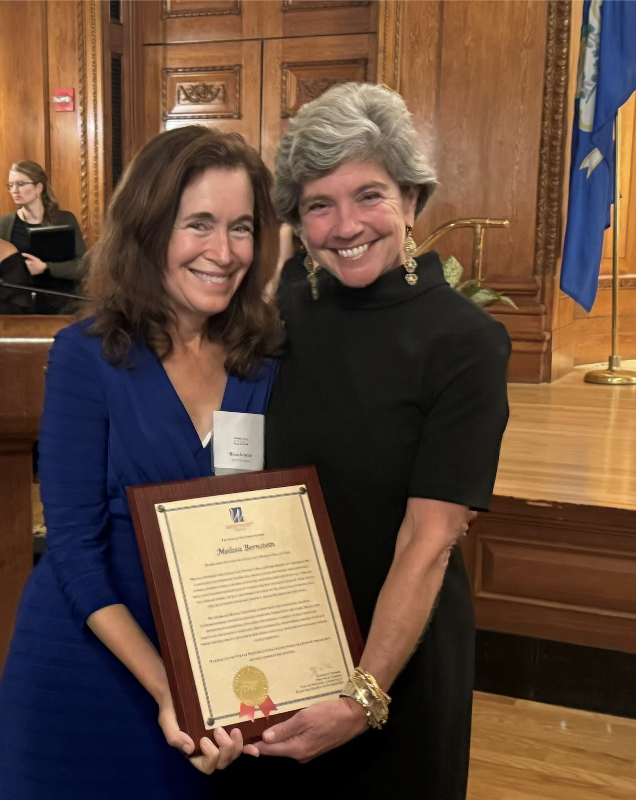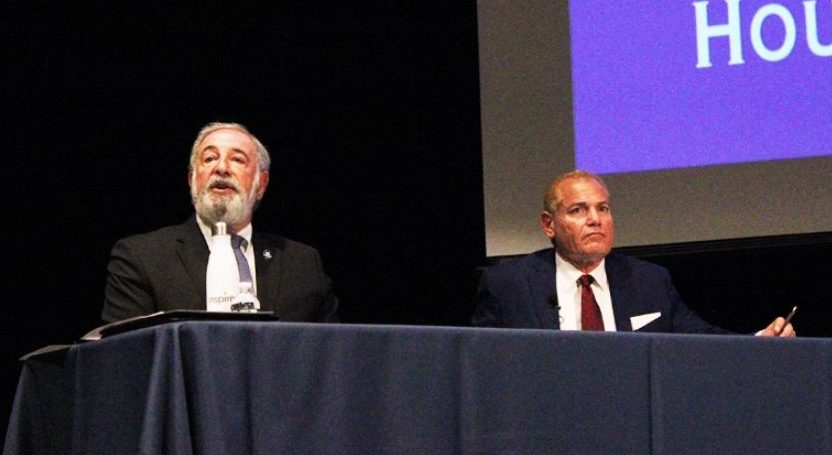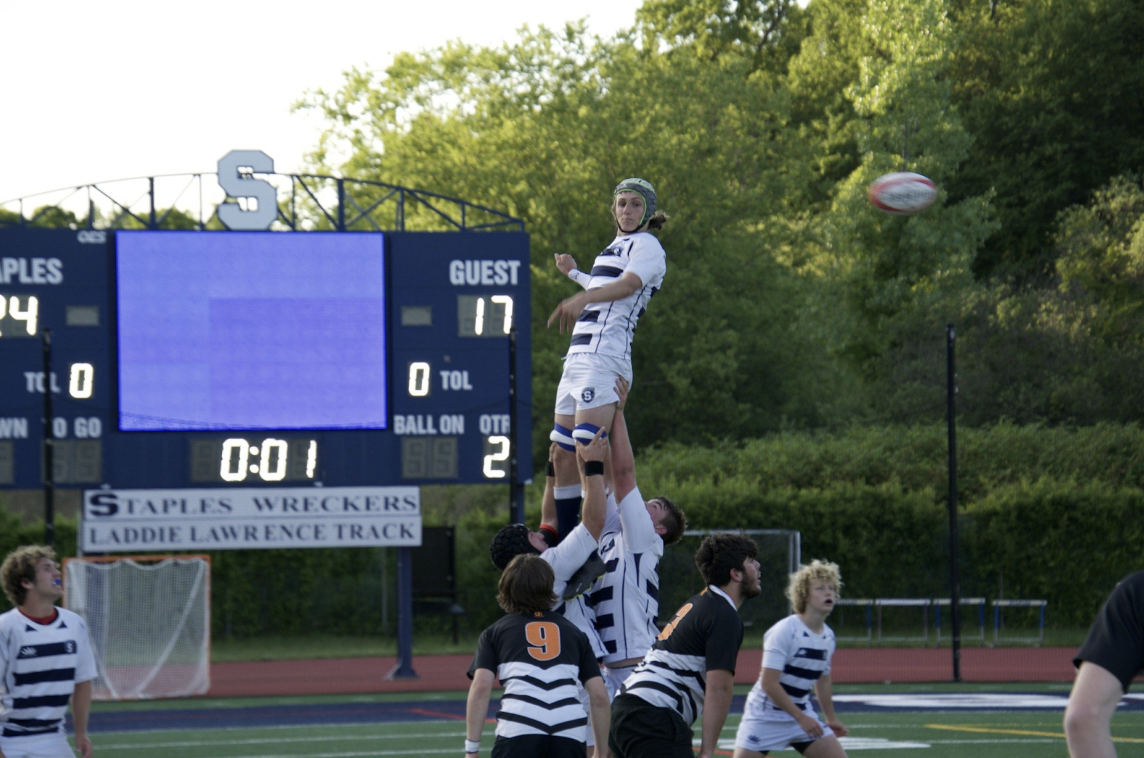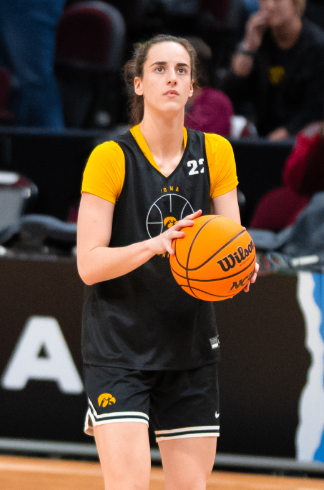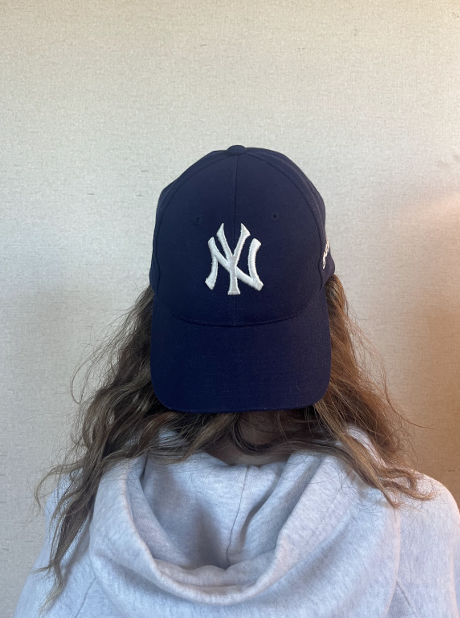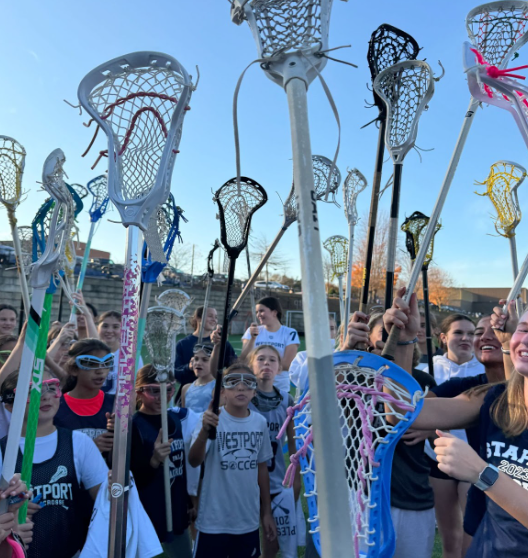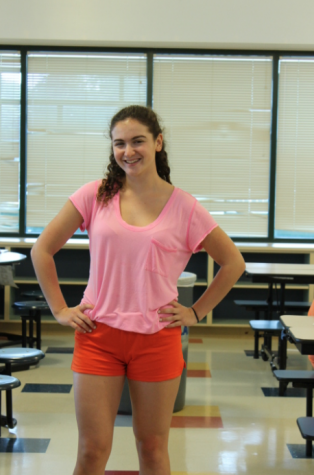By: Izzy Connors ’18 and Amelia Brown ’18
From Dora the Explorer to Orange is The New Black, television shows have been teaching our generation about different cultures since before the creation of Netflix. While the effects of being exposed to different cultures and races are proven beneficial, sometimes when the shows come into the real world, they can cause problems with cultural appropriation and racism in school, as well as global fashion.
As the second day of Spirit Week-twin day, approached, senior girls planned for their whole class to wear the same outfit. Following past years’ tradition of doing recognizable characters, they narrowed down their options: Dora the Explorer, or a character from Orange is the New Black. One girl posted in the Staples Girls ’17 Facebook group expressing her concern about their potential racist connotations. This immediately resulted in a warzone in the comments.
Cultural appropriation is sometimes misunderstood. Susan Scafidi, author of “Who Owns Culture” defined it as, “Taking intellectual property, traditional knowledge, cultural expressions, or artifacts from someone else’s culture without permission.” Of those who were against dressing up as the characters, most didn’t necessarily believe it was racist, rather that, “In Westport and in Staples doing OITNB is just culturally insensitive and not appropriate for a school setting, ” Lily Howes ’17 said.
Others believed that, “At the end of the day we’re just copying the outfit of a character, nothing more. None of us are trying to make it culturally or racially offensive,” Shelby Lake ’17 said. After hashing out everyone’s concerns in the comment of the Facebook post, the girls decided upon Dora for their collective costume and all came to school donning a pink tee-shirt, orange shorts, and purple backpacks.
During London Fashion Week around the same time in September, famous fashion designer, Marc Jacobs, was under fire and received accusations of cultural appropriation for dressing his runway models in dreadlocks. He justified this by saying, “Funny how you don’t criticize women of color for straightening their hair,” in an Instagram post, although later apologizing for it. As cornrows have historically been a part of African American culture, by dressing his models in the hairstyle, many argue that Jacobs is appropriating and exploiting the culture. The senior girls who opposed dressing as Dora and OITNB characters agreed with this mentality, like Howes who said she would’ve “opted out of twin day” if they chose to be prison inmates.
In the end, the girls came to school in matching Dora costumes and “it was a success,” Shelby said, “there were no problems.”


